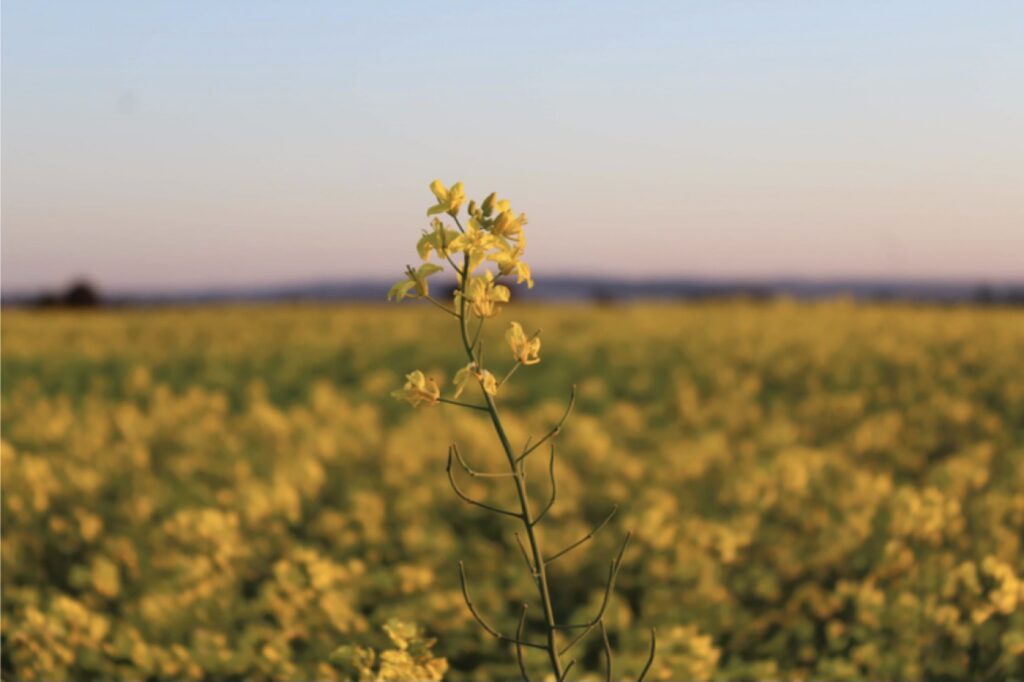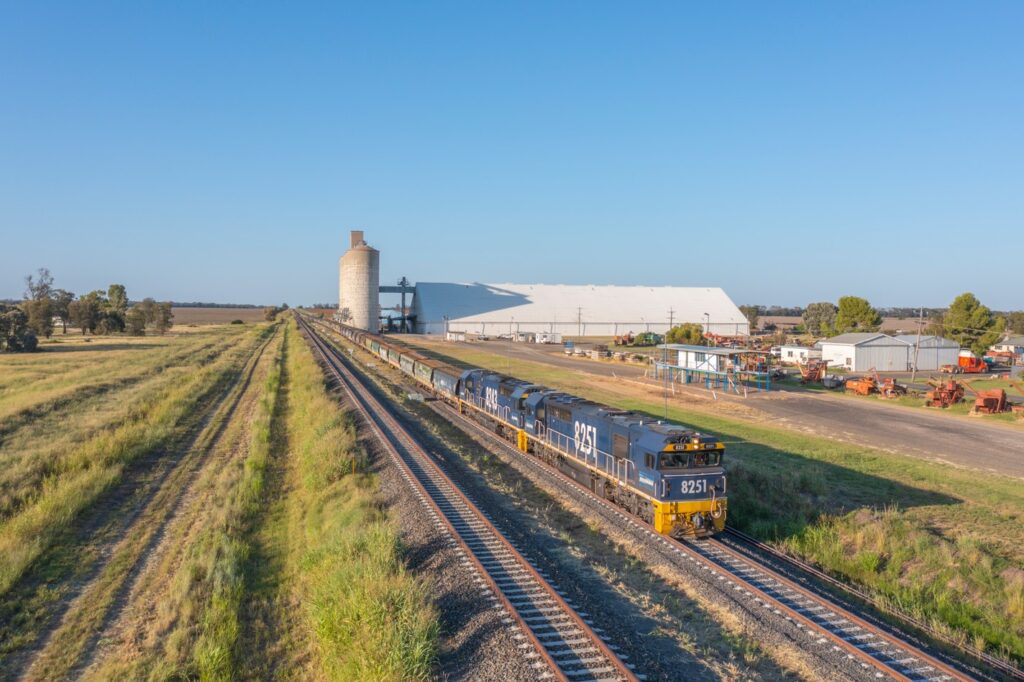Australia’s agriculture sector has long been one of the most resilient and productive in the world.
From innovation on-farm to export delivery, growers continuously adapt to change – navigating global markets, shifting climate conditions, and policy uncertainty.
Yet despite their performance, our supply chains and regulatory systems are holding them back.
As part of our submission to the Federal Government’s Economic Reform Roundtable, GrainCorp outlines three key areas where targeted policy action could deliver real, measurable benefits for regional Australia – and for the broader national economy.
Unlocking Australia’s Renewable Fuels Opportunity

GrainCorp is working with Ampol and IFM Investors to establish a domestic renewable fuels industry, focusing on sustainable aviation fuel (SAF) and renewable diesel. This initiative would utilise Australian feedstocks such as canola, tallow and used cooking oil, which are currently exported without value-add.
Clean Energy Finance Corporation modelling suggests an Australian industry could generate up to $36 billion by 2050 and reduce up to 230 million tonnes of CO₂-e, supporting hard-to-abate sectors like aviation and long-haul transport.
Australia is well-placed to become a global leader in renewable fuels, with a reliable feedstock base and strong existing infrastructure. But without policy action, we risk continuing to export raw materials while importing finished fuel – missing the opportunity to capture downstream economic and emissions-reduction benefits.
We recommend the Government:
- Implement supply-side incentives to support commercial-scale SAF and RD production;
- Establish a national SAF certification framework supporting Australian high-quality feedstocks like canola, to underpin sustainability and traceability;
- Introduce demand-side measures, including a national SAF mandate;
- Develop a feedstock strategy to support diversified grower demand and innovation in low-carbon cropping.
This reform aligns with the Government’s net zero and productivity agendas by fostering regional manufacturing, energy security, and a skilled clean energy workforce.
Improving Regional Supply Chain Infrastructure

GrainCorp operates up to 180 grain receival sites and seven bulk ports along the east coast. However, inefficiencies in freight and logistics infrastructure, particularly underinvestment in rural roads, short rail sidings and port congestion, result in significant avoidable costs for growers and exporters each year.
Australian grain freight costs are more than triple those in countries like Canada and Ukraine, placing pressure on farmgate prices and export competitiveness. These cost pressures are compounded by ageing infrastructure, inconsistent investment and limited interoperability between state networks.
With global demand for reliable, low-emissions supply chains increasing, Australia cannot afford to let poor infrastructure remain a barrier to growth in regional industries like agriculture. Strategic upgrades would generate long-term productivity dividends, reduce road maintenance costs and enhance the resilience of our national supply chain.
We recommend the Government:
- Upgrade rail infrastructure, including longer sidings and passing loops;
- Invest in first- and last-mile assets such as sealed roads and bridge strengthening;
- Improve modal integration via intermodal terminals and digital coordination tools;
- Establish a national freight observatory to capture real-time performance data and guide investment.
Targeted upgrades would enable higher freight volumes at lower cost, drive modal shift to rail to cut emissions and unlock productivity gains across the grain supply chain. These reforms support the Government’s priorities of digital integration, regional economic growth, and the transition to net zero.
Streamlining Regulatory Frameworks

GrainCorp and industry partners face rising compliance burdens due to fragmented transport, environmental and trade regulations. Inconsistent road freight access, rail gauge differences, and duplicative project approvals stifle investment and responsiveness.
High Productivity Freight Vehicles (HPFVs), operating under the Performance-Based Standards (PBS) scheme, deliver over $100 million in annual road maintenance savings and avoid nearly 500,000 tonnes of CO₂ emissions.
Despite these benefits, adoption is constrained by inconsistent and fragmented regulatory oversight. Similarly, the lack of a harmonised harvest management scheme creates confusion for operators and undermines the efficient use of HPFVs during harvest, when high-capacity freight movements are most critical. There have been repeated calls from industry for a national harvest management scheme, yet jurisdictions have maintained their own versions.
Low-risk infrastructure, such as grain siding upgrades or storage expansions, is often delayed by overlapping state and federal environmental approvals.
Regulatory fragmentation also affects export operations; mobile ship loaders and containers face limited oversight, while bulk exporters remain highly regulated under frameworks like the Wheat Port Code of Conduct. Differing standards between state and federal authorities compound compliance challenges.
We recommend the Government:
- Establish a national harvest management scheme to enable uniform harvest operations;
- Standardise rail access protocols to improve network interoperability;
- Create a single-window digital platform for low-risk infrastructure and freight approvals; and
- Reduce national and state regulatory overlap and replace with industry-led frameworks that improves fair access and competitive export markets.
These reforms would reduce compliance costs, expedite project delivery, and attract investment in regional infrastructure. Streamlined regulation would also promote transparency, efficiency, and better alignment with the realities of an integrated, seasonal supply chain.
Conclusion
GrainCorp’s submission to the Economic Reform Roundtable highlights the clear opportunity to strengthen Australia’s productivity by backing the regions that power our economy.
With targeted action on freight infrastructure, regulatory reform and renewable fuel development, government can unlock immediate benefits for agriculture, reduce costs for growers, and attract long-term investment into regional industries.
We look forward to working with government and industry partners to drive these reforms forward and ensure agriculture continues to play a leading role in Australia’s future prosperity.



